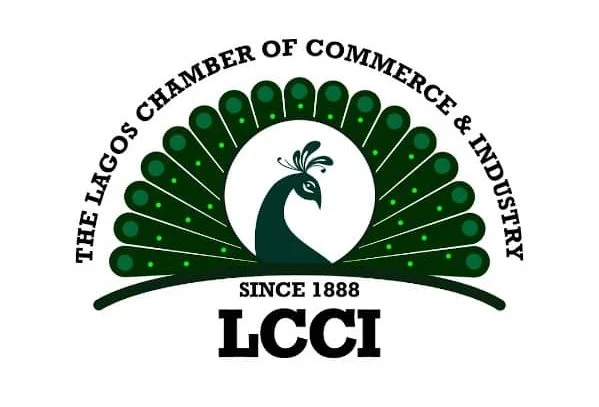The Lagos Chamber of Commerce and Industry has called on the government to extend concessionary credit to operators in the power sector, as one of the lasting solutions to check the perennial poor power supply and recurring collapse of national grid.
The call was contained in a press statement signed by the LCCI Director General, Dr Chinyere Almona, on Tuesday.
In addition, the Chamber called for import waivers and collaboration with the private sector to work together in policy formulation and implementation.
Almona said: “Looking at the opportunities available from a stable national grid, we see the benefits to businesses in Nigeria in terms of lowering the cost of production, which will also make Nigerian products more competitive in the international markets.

“A stable power supply can also make us earn more foreign exchange earnings from supplying electricity to neighbouring countries. The 2023 Annual Report of NERC showed that International bilateral customers from countries such as Niger, Benin, and Togo made a total payment of $50.36 million to the Nigerian Electricity Supply Industry (NESI) for electricity distribution in 2023”.
Also Read:
- EFCC probes man over $578,000 cash smuggling
- Osun communal clashes: Group condemns action, calls for lasting solution
- NLNG to improve operational efficiency of domestic LPG supply in Nigeria
- Heavyweight boxing legend George Foreman dies aged 76
- Arrest of Bauchi AG: EFCC targeting governor for politics, not corruption – CSO
She pointed out that the Chamber acknowledged the ongoing efforts and reforms in the power sector and expects the government to stay focused on delivering on them quickly. “With businesses suffering from the burden of poor power supply, we need quick intervention actions to salvage the situation. We urge the government to consider the privatisation of the national grid and support more efforts to scale up metering in the coming months.”
The Chamber said it is deeply concerned about the frequency of collapse recorded by the National Grid, the sole supply source of hydroelectric power nationwide.
It recalled that in the current year alone, the country has recorded eight grid failures, with three being recorded within a week.
“The worsening performance of the national grid is an issue of concern to the business community. Reasons for the recent collapses were more about the explosion of transformers, unexpected tripping of power generating stations, and other technical malfunctioning. Currently, the national grid only generates about 4,500MW of electricity for over 200 million people. Meanwhile, South Africa generates about 50,000MW of electricity to service about 59 million people,” Almona revealed.
LCCI statement reads in part: “What lessons have we learned from past grid collapses and restoration efforts? By now, after numerous failures, the National Grid Managers should have identified the root causes and found lasting solutions. It is concerning that there appears to be no clear understanding of these causes or lessons learned from the restoration processes.
“After about 105 collapses in ten years, power sector stakeholders should know what drives these recurring failures and how to prevent them. We are troubled by the apparent lack of such understanding among regulators in the power sector”.
LCCI noted that the Nigeria Electricity Regulatory Commission, in its second quarter 2024 report, revealed that meter installation by electricity distribution companies declined by as much as 60.86% in the second quarter of 2024.
The report revealed further that only 49,188 meters were installed during the period, making a 60.86% decline from the 125,664 meters installed in the first quarter.
To this end, the Chamber urged the government to stay on course with the reforms in the power sector, especially the metering targets that were earlier set, calling on NERC to create a conducive regulatory environment for the Electricity Distribution Companies (DisCos) to utilize a mix of all the meter financing frameworks outlined in the 2021 Meter Asset Provider (MAP) and National Mass Metering Programme (NMMP).


